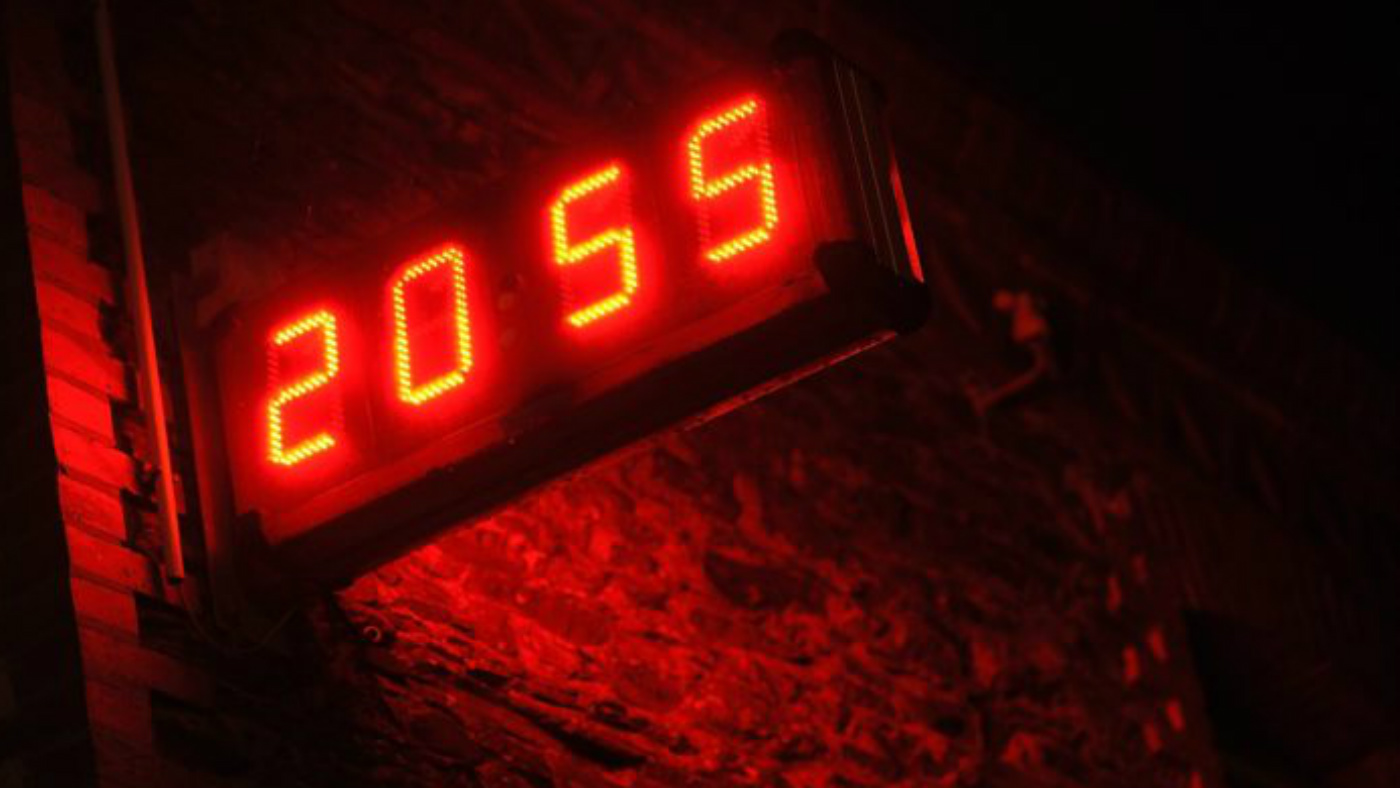Electrical clocks in Europe have run slow by six minutes due to Serbia-Kosovo dispute
Row between the two nations has caused an electrical frequency deficit across devices in 25 countries

A free daily email with the biggest news stories of the day – and the best features from TheWeek.com
You are now subscribed
Your newsletter sign-up was successful
Electrical clocks in Europe have been running slow by six minutes due to a dispute between Serbia and Kosovo.
Entsoe, the European body representing electricity transmission operators across 25 countries, said bedside clocks “had slowed down by up to six minutes since mid-January”, reports the BBC.
Countries including Spain, Turkey, Poland and the Netherlands are part of a large area in Europe linked together into an electricity grid that operates at a synchronised frequency.
The Week
Escape your echo chamber. Get the facts behind the news, plus analysis from multiple perspectives.

Sign up for The Week's Free Newsletters
From our morning news briefing to a weekly Good News Newsletter, get the best of The Week delivered directly to your inbox.
From our morning news briefing to a weekly Good News Newsletter, get the best of The Week delivered directly to your inbox.
“This frequency regulates time-keeping in certain devices. Central heating timers and oven clocks are also affected - but not computers or smartphones,” adds the BBC.
During the period in question, Kosovo did not generate enough electricity to meet its needs. Under the rules of the body, Serbia is legally obliged to cover Kosovo’s deficit, but due to the ongoing dispute over Kosovo’s secession in 2008, Serbia did not do so.
Consequently, there was a frequency deficit that caused electric clocks to slow down.
Entsoe said it was working on a technical solution that could bring the system back to normal within “a few weeks”, but urged European authorities and national governments to address the political problem at the heart of the issue.
A free daily email with the biggest news stories of the day – and the best features from TheWeek.com
“This is beyond the technical world. Now there needs to be an agreement between Serbia and Kosovo about this lack of energy in the Kosovo system. You need to solve it politically and then technically,” Camus said.
Serbia’s power operator, EMS, “blamed the problem on Kosovo”, says The Guardian - claiming that in January and February the country “was withdrawing, in an unauthorised manner, uncontracted electric energy from the continental Europe synchronous area”.
While Kadri Kadriu, deputy manager of Kosovo’s grid operator, told the paper that electricity from elsewhere was diverted to the Serb minority in the north of the country, still loyal to Belgrade, but said consumers there had not paid for their electricity, causing considerable financial burden to the company.